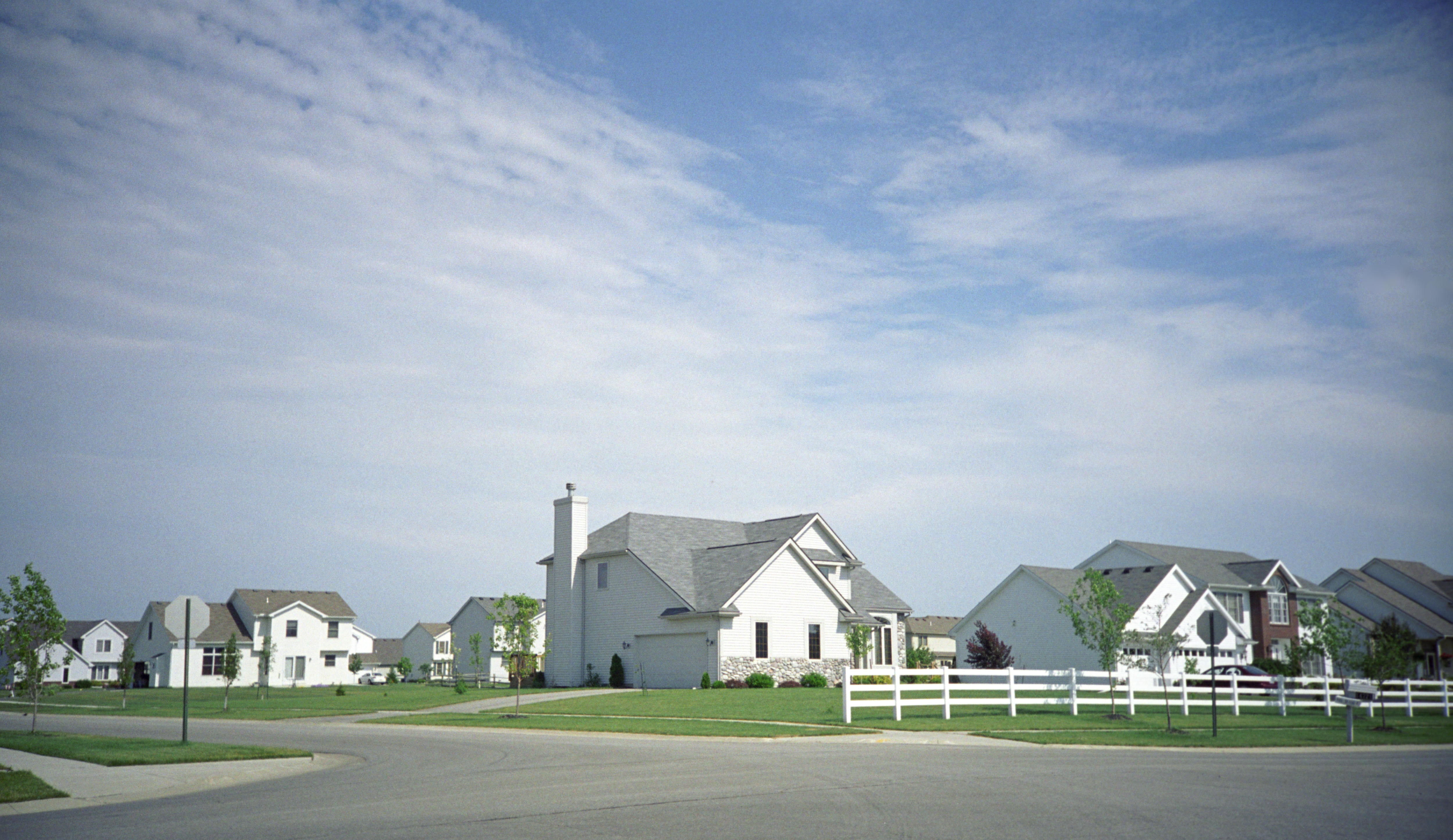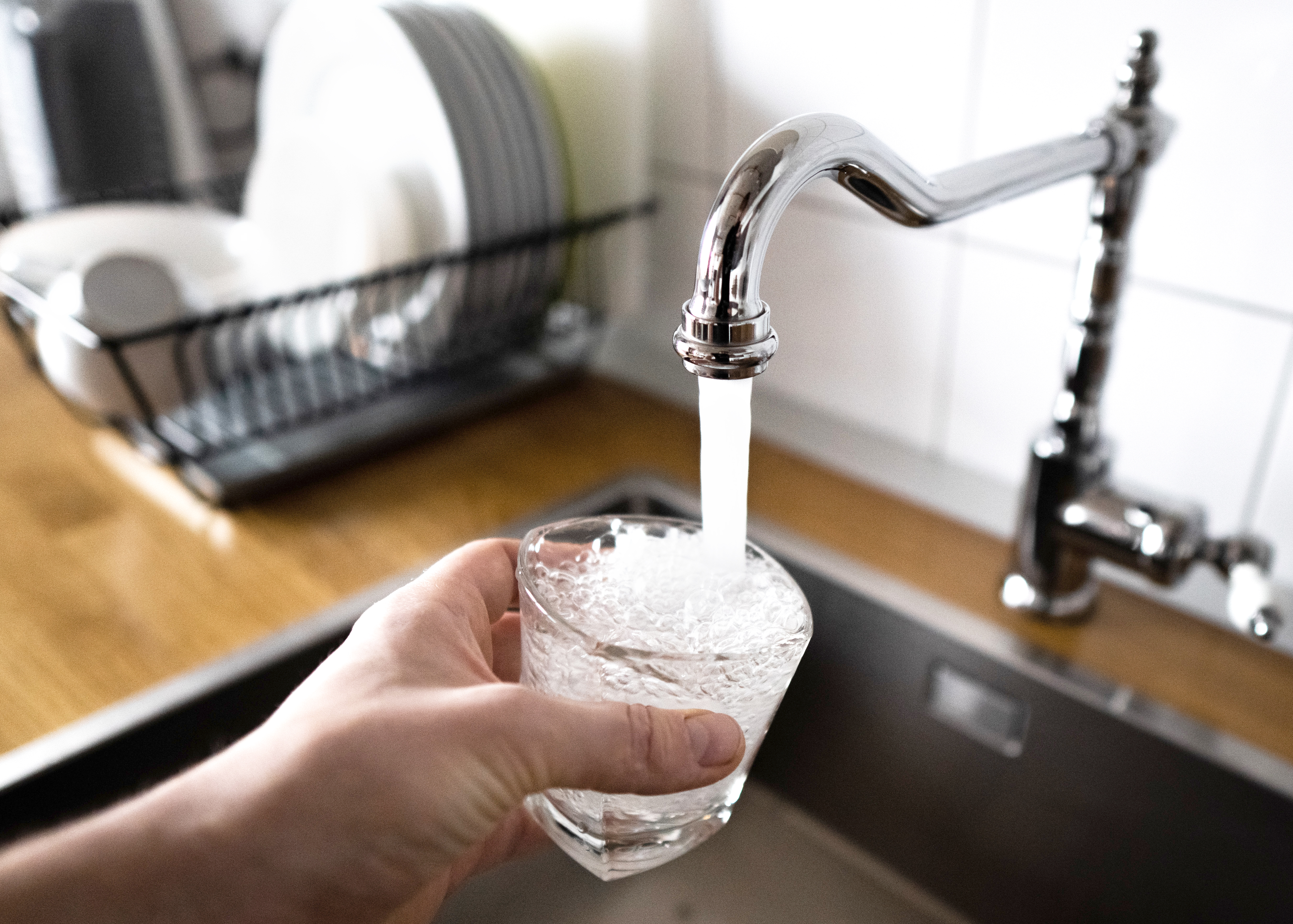
Learn how much plumbers cost in Columbus, Ohio. Discover pricing for faucet repairs, pipe work, and emergency services, plus how you can save money.
Descaling your pipes can help you ward off clogs


Pipe scale is the buildup of minerals, grease, and rust in pipes, usually in older homes.
Pipe descaling removes the scale buildup to eliminate blockages and clogs.
Severe pipe scale can lead to corrosion and deterioration of water pipes and sewer lines.
Have a pro inspect your plumbing to determine which method of pipe descaling is best for your home.
Descaling your pipes is not usually something to worry about unless you live in an older home or have hard water. However, if your pipes show signs of corrosion, hiring a sewer cleaning company to descale your pipes can help avoid drain clogs and keep your plumbing running smoothly for years to come.
Learn more about how pipe descaling can help you save on the cost of replacing your existing pipes.

Scale in pipes is the buildup of debris or other unwanted materials. This buildup can cause slow water flow, clogs, and corrosion in your plumbing system, often leading to more expensive plumbing and repair costs like burst pipes or water main repairs.
If you notice your water flow is moving slowly when you turn on a faucet or you see water leaking out of pipes between joints, you may need to get your water pipes descaled to remove any blockages.
Cast-iron pipe is the most common type of piping that needs descaling because it’s prone to rust, but it can also happen with other materials like copper or concrete pipes.
While the main types of pipes used in newer homes include rust-free materials like PVC, PEX pipes, copper, and galvanized steel, they can still experience mineral buildup and require descaling or cleaning.
The term “pipe descaling” is often synonymous with general pipe cleaning, although traditional pipe descaling is typically reserved for cast-iron pipes. That’s because cast-iron pipes are more prone to rust, which provides a grippy surface for magnesium salts and iron oxide to attach to—leading to faster buildup.
But, some homeowners and even some professionals use the term to describe the process of removing anything that can cause damage to your pipes overtime. We’ll talk about both in this article.
Keeping your pipes in working order with descaling or other cleaning methods, like hydro jetting or chemical cleaners, can help prevent future replacements and costly repairs.
Acidic soil, detergents, drain chemicals, and mineral buildup can decrease your pipes' longevity. Without descaling, these materials can ruin your plumbing and require replacing, and installing a new sewer line is costly.
This is especially true with cast-iron pipes. While cast-iron pipes should last 50 to 75 years, a lack of maintenance and other factors can speed up deterioration. In fact, washing grease down the drain is the number one cause of cast-iron degradation.
By descaling your sewer line and water pipes, you can improve your plumbing issues while increasing the longevity of your system.
It’s possible to remove the corrosion deposits within a cast-iron drainpipe with specialized descaling equipment. This type of equipment can scrape the corrosion off the pipe’s inner walls to flush down the sewer.
Other popular ways to clean your pipes include hydro jetting, chemical descaling, or electronic descaling.
If your plumbing issues are caused by rust or corrosion within your cast-iron pipes, you must undergo a physical descaling process. Essentially, cast-iron pipe descaling utilizes high-speed rotating cables that physically remove buildup from the walls of the pipes.
This process is often combined with hydrojetting, which can easily flush out any loosened debris.
Hydro jetting uses high-pressure water to clean off the buildup and debris from the surface of your pipes. When used with the proper nozzles and a physical cleaning tool (head) on the end of the hose, this equipment can remove scale.
But simply using high-pressure water will often fail to remove the bulk of the deposits (especially if they’re caused by rust buildup). Be sure to talk with the plumber you hire about the different options for getting your problem taken care of properly.
This method of descaling pipes removes rust and mineral deposits with chemicals and is best for pipes that don’t have a lot of blockages. And if you have cast-iron pipes, you should avoid these entirely as prolonged use can actually speed up corrosion.
If in doubt about the safety of chemical descaling, call your local plumber. It’s safest to have a pro do this for you, as handling chemicals is dangerous for the average homeowner and may not be the best solution for your pipes.
An electronic descaler can keep your pipes and appliances working better for longer by generating a magnetic field or low-voltage current that charges the mineral particles through the pipe surface. This keeps them from settling and building up on your pipes.
You can purchase an electronic descaler for about $200 on average at a hardware store, and it’s relatively easy to install yourself. Otherwise, a plumber can help you out with the installation.
The best way to address your pipe issues is to contact a local plumber. They’ll be able to troubleshoot what’s causing the scale buildup, the best way to remove it, and if you’d be better off replacing your pipes completely.
If you just need a simple cleaning to clear a block, hire a sewer cleaning company near you for about $200 to $300. However, the cost of cleaning your sewer line depends on a few factors—like the severity of the blockage and whether you need a camera line inspection (which costs anywhere from $250 to $1,300).
The worst-case scenario is that you need to replace your entire line. Pipe replacement costs about $150 to $250 per linear foot, or around $1,200 for materials and labor. While expensive, a replacement may be the best bang for your buck to avoid frequent cleanings or repairs if your pipes are older or made from outdated materials.
From average costs to expert advice, get all the answers you need to get your job done.

Learn how much plumbers cost in Columbus, Ohio. Discover pricing for faucet repairs, pipe work, and emergency services, plus how you can save money.

Discover the leading factors affecting your main water line replacement cost in Columbus, including length, material selection, and installation details.

Learn about main water line repair costs in Columbus and what affects pricing to be prepared before you start getting estimates.

A new showerhead is an easy, affordable way to upgrade any bathroom. Learn how to change a showerhead, from removing the old to installing the new.

If the temperatures plummet below 20 degrees, you should pay attention to your home’s pipes. Learn what to do if pipes freeze, and how to prevent them from bursting.

Finding frozen pipes involves using all of your senses to listen for, smell, and see the signs. Keep reading to learn how to find frozen pipes in your home.